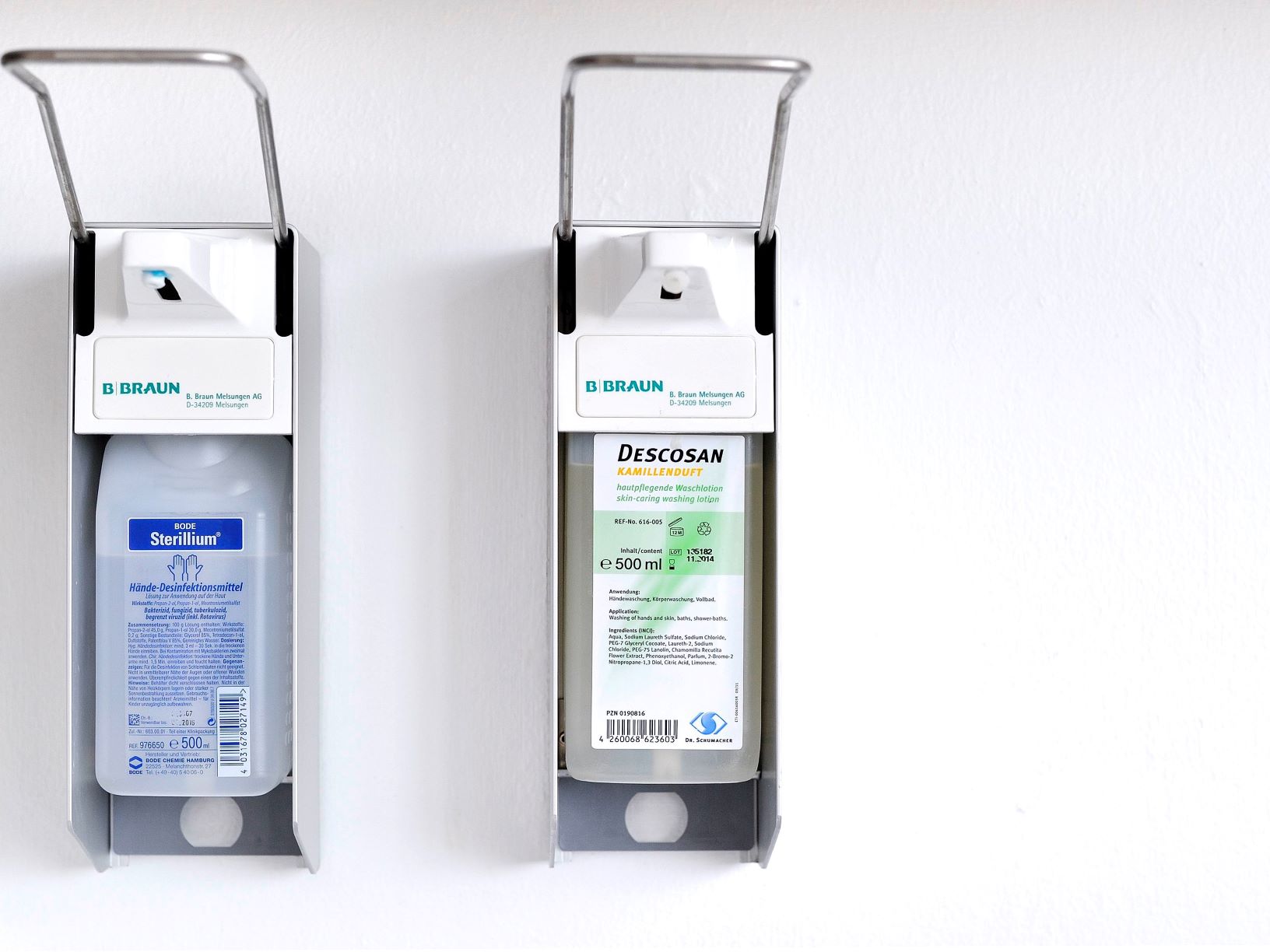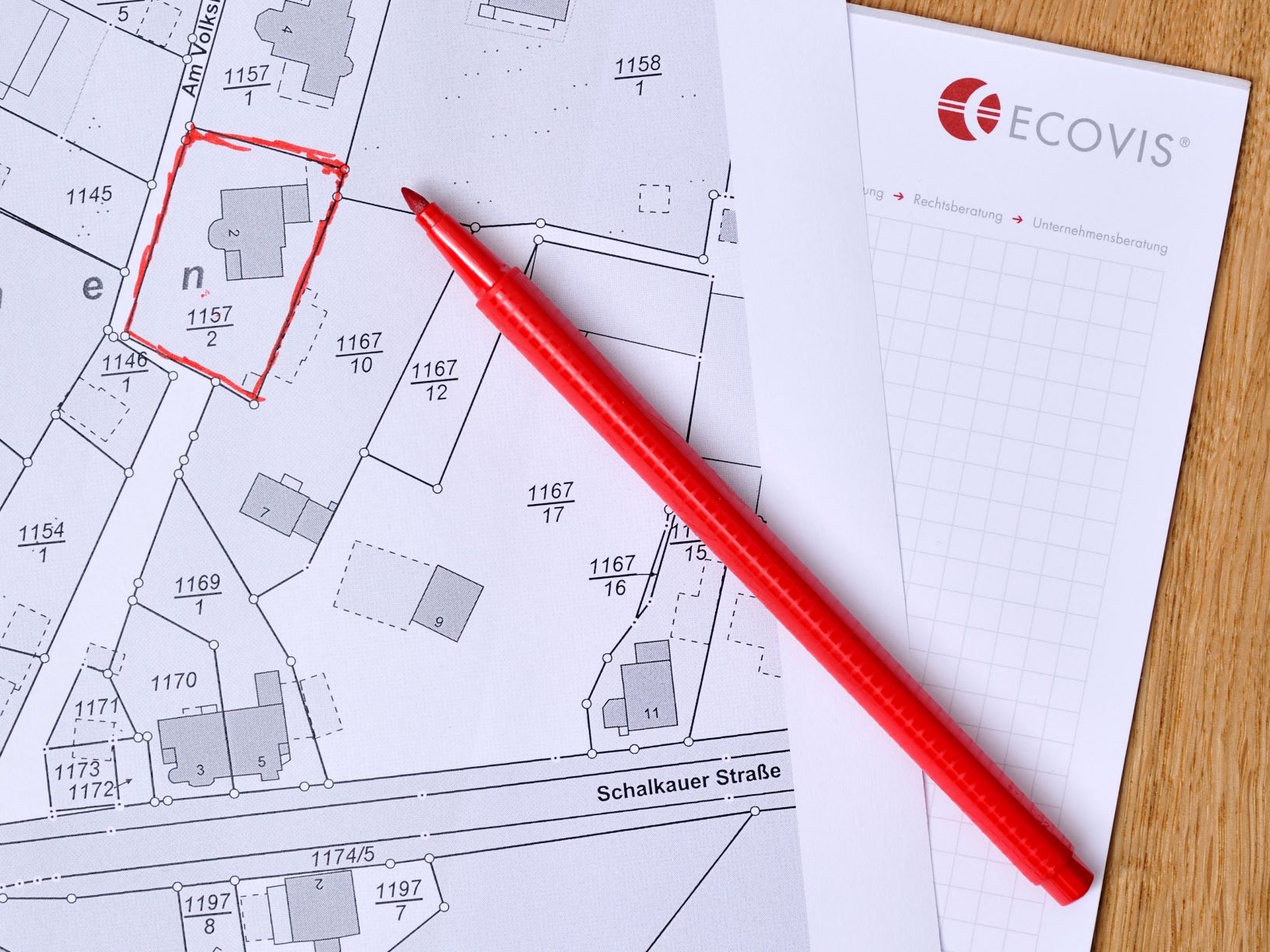Abolition of Czech real estate acquisition tax/real estate transfer tax (REAT/RETT) for transfers permitted from 1 December 2019
Abolition of real estate acquisition tax/real estate transfer tax (REAT/RETT) in the Czech Republic
On the day of 13th of May 2020 the Czech Government submitted a bill to the Czech House of Commons, which would repeal the Statutory measure of the Senate No. 240/2013 Coll., regarding the property acquisition tax . The legislative process is was happening in the House of Commons sinc May 2020 as a part of measures and tax reliefs the government previously established in the wake of the coronavirus spread, even though it wasn’t accepted in a state of legislative emergency. The third reading occurred on the 54th meeting of the Czech House of Commons on the 8th of July 2020 and 187 representatives voted for accepting the bill. The bill as commented by the Czech Senate was returned to the Czech House of Commons with mild changes to certain formulations and clarifications as well as changes to the order of some points, but the original intent and effects stayed the same. The next discussion was possible from 24 August 2020.
The bill was adopted at the meeting of the Chamber of Deputies on 15 September 2020. Act No. 386/2020 Coll., repealing Senate statutory measure No. 240/2013 Coll. on real estate acquisition tax as amended and repealing other related legal regulations , which abolished the tax on the acquisition of real estate entered into force on 26 September 2020.
The abolition of the Czech property acquisition tax/real estate transfer tax is applied retrospectively for all transfers approved after the 1st of December 2019
The government bill abrogates a tax from acquiring real estate or property in the Czech Republic and does so even with a retrospective effect. The transfer tax from acquisition should not be paid for all transfers, with which the proposal for a deposit was approved after the 1st of December 2019 and later. Those who have already payed the tax ahead will be able to ask for their overpayment through standard methods, since the bill offers no new specific tools for solving this situation.
The decisive date for exempted transfers, which is the 1 of December 2019 is a direct output of § 32 of the soon to be cancelled Statutory measure of the Senate No. 340/2013 Coll., of the property procurement tax, which states that the taxpayer must submit tax returns from obtaining property within 3 calendar months following the calendar month during which a deposit was made into the cadastre of a) ownership rights to property; b) rights to construction or changes consisting of extending the time for which this right is established; or c) management of a trust fund. Specifically this date comes indirectly from article II of the bill.
“1. If the deadline for filing the tax return expired before 31 March 2020, the legal measure of the Senate No. 340 / 2013 Coll., As amended before the date of entry into force of this Act. The extension of the deadline for filing a tax return under the Tax Code is not taken into account.
2. If the deadline for filing a tax return expires on 31 March 2020, the tax liability for real estate acquisition tax ceased before the date of entry into force of this Act shall cease to apply on the date of entry into force of this Act. The extension of the deadline for filing a tax return under the Tax Code is not taken into account.“
Extension of the Time test for exemption from income tax of natural persons for real estate acquired from 1st of January 2021 from 5 to 10 years in the Czech Republic
Together with the proposal of abolition of the Czech Senate Statutory measure No. 340/2013 Coll., on property acquisition tax, changes are proposed in the Income Tax Act. One of the proposed changes is the extension of the time test for personal income tax exemption for real estate that is not intended to procure one's own housing needs acquired from 1st January 2021 from the current 5 to 10 years. For property acquired before this date, the current period of 5 years is maintained. The current legal regulation of the exemption of sale from personal income tax for the sale of real estate in which the seller resides, after 2 years of ownership, is still maintained.
Exemption from personal income tax in the case of using income to provide for his housing needs in the Czech Republic
Income from the sale of immovable property in the Czech Republic, in which the seller does not live, but will use the income from the sale to procure his housing needs, should now also be exempt from personal income tax. The new § 4b of the Czech Income Tax Act defines housing needs quite broadly:
„Section 4b
Housing needs
(1) Housing needs are understood for the purposes of income taxes
a) construction of a residential building, family house, unit, which does not include non-residential space other than a garage, cellar or storage room, and alteration of the building,
b) acquisition of land for consideration
1. provided that the construction of the housing needs referred to in letter a) is started on the land within 4 years from the moment of acquisition of the land, or
2. in connection with the acquisition of the housing needs referred to in point (c),
c) acquisition for consideration
1. apartment building,
2. family house,
3. under construction of an apartment house or family house,
4. a unit that does not include non-residential space other than a garage, cellar or storage room,
d) repayment of the deposit to a legal person by its member in order to obtain the right to rent or otherwise use the apartment or family house,
e) maintenance and alteration of the construction of an apartment building, family house, apartment for rent or use or a unit that does not include non-residential space other than a garage, cellar or storage room,
f) settlement of joint property of spouses or settlement of co-heirs in the event that the subject of settlement is the payment of a share associated with the acquisition of a unit that does not include non-residential space other than a garage, cellar or chamber, family house or apartment building,
g) payment for the transfer of a share in a business corporation by its member made in connection with the transfer of the right to rent or otherwise use the apartment,
(h) the repayment of a loan or borrowing used by the taxpayer to finance the housing needs referred to in points (a) to (g), provided that the conditions for those housing needs are met.
...“.
Exemption of income, which is conditional on the use of funds obtained from this income to procure one's own housing needs, applies if the taxpayer notifies the tax administrator of the acquisition of these funds by the end of the deadline for filing tax returns for the tax period in which they were obtained. If the taxpayer makes this notification to the tax administrator, the condition for the exemption of income consisting in the use of the obtained funds to procure one's own housing needs is fulfilled if the taxpayer of personal income tax:
(a) uses those funds to provide for his own housing needs by the end of the tax period immediately following the tax period in which the taxpayer obtained those funds, or
(b) used the amount corresponding to the funds raised to procure his own housing needs before they were acquired, but not earlier than in the tax period immediately preceding the tax period in which the taxpayer received those funds.
If the condition for exemption of income consisting in the use of acquired funds to procure one's own housing needs is not met, this income is income pursuant to Section 10 of the Income Tax Act in the tax period immediately following the tax period in which the taxpayer received the funds. If in the case of housing needs specified in § 4b par. 1 let. b) point 1 of the Income Tax Act for the commencement of construction, this income is income pursuant to Section 10 of the Income Tax Act in the tax period in which the period for commencement of construction has expired in vain; if the taxpayer loses the land before the expiry of the period for the commencement of construction, this income is income pursuant to Section 10 of the Income Tax Act in the tax period in which the taxpayer lost this land.
Reduction of the maximum deduction of interest on a loan from the tax base in the Czech Republic to CZK 150,000 for mortgage loans concluded from 1 January 2021
The bill also introduces a reduction in the maximum deduction of interest on a loan from the tax base from CZK 300,000 to CZK 150,000 for mortgage loans concluded from 1 January 2021.
For more information, contact us at:
JUDr. Mojmír Ježek, Ph.D.
ECOVIS ježek, advokátní kancelář s.r.o.
Betlémské nám. 6
110 00 Praha 1
e-mail: mojmir.jezek@ecovislegal.cz
www.ecovislegal.cz
About ECOVIS ježek advokátní kancelář s.r.o.
The Czech law office in Prague ECOVIS ježek practices mainly in the area of Czech commercial law, Czech real estate law, representation at Czech courts, administrative bodies and arbitration courts, as well as Czech finance and banking law, and provides full-fledged advice in all areas, making it a suitable alternative for clients of international law offices. The international dimension of the Czech legal services provided is ensured through past experience and through co-operation with leading legal offices in most European countries, the US, and other jurisdictions. The Czech lawyers of the ECOVIS ježek team have many years of experience from leading international law offices and tax companies, in providing legal advice to multinational corporations, large Czech companies, but also to medium-sized companies and individual clients. For more information, go to www.ecovislegal.cz/en.
The information contained on this website is a legal advertisement. Do not consider anything on this website as legal advice and nothing on this website is an advocate-client relationship. Before discussing anything about what you read on these pages, arrange a legal consultation with us. Past results are not a guarantee of future results, and previous results do not indicate or predict future results. Each case is different and must be judged according to its own circumstances.














